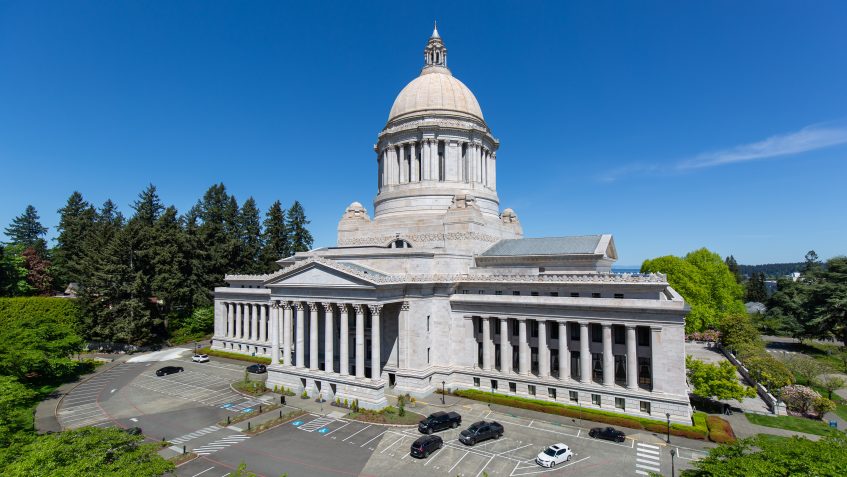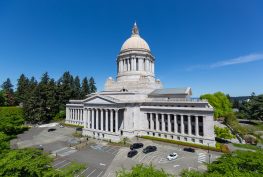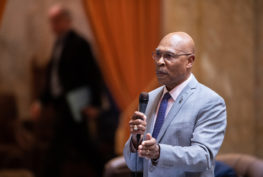OLYMPIA – Gov. Jay Inslee today signed a 2018 supplemental operating budget (SSB 6032) that directs nearly $1 billion toward K-12 education to finally resolve the McCleary litigation and bring the state into compliance with its constitutional obligation to amply fund public schools.
The budget also provides nearly $300 million over the next four years for mental and behavioral health care to fulfill the state’s legal and moral obligations at our state hospitals and in our communities.
Other major aspects of the budget include more than $400 million in statewide property tax relief in 2019 and funding to make college possible for 22,000 students who qualify for the State Need Grant but have been stuck on a waiting list.
The budget levies no new taxes and leaves more than $2.4 billion in reserves, the most in state history, giving the state a significant insurance policy against an uncertain economy.
“With this budget, we use our state resources wisely and take care of two of the biggest challenges our state faces—ample funding for education and adequate support for mental and behavioral health,” said Sen. Christine Rolfes, the Senate’s chief budget writer. “At the same time, we are able to offer property tax relief, greater access to college financial aid, and hundreds of other investments that will put people first and improve lives across the state.”
In total, the supplemental budget adds more than $750 million in net spending to the current $43.7 billion two-year state budget signed in July of 2017.
The new education money will mostly go to fund teacher and staff salaries, as ordered by the state Supreme Court. The state will also increase spending for special education by $97 million over the next four years.
“It’s nearly been a decade since parents and students first took the state to court due to a lack of financial support for basic K-12 education,” said Sen. Lisa Wellman, chair of the Senate Early Learning and K-12 Education Committee and sponsor of E2SSB 6362. “Today, we mark a major milestone in our effort to provide quality instruction for every student in our state. We have much more to do to support and improve our schools, and we can now focus on those other enhancements.”
The budget is concurrent with Senate Bill 6614, which will give homeowners a one-time 30-cent cut to the statewide property tax rate in 2019, lowering the rate from $2.70 per $1,000 of assessed valuation to $2.40. The tax cut is made possible by the state’s extraordinary revenue growth and is intended to give households relief from the Republican Property Tax of 2017, the largest property tax increase in state history.
Other key investments include:
- Opioids: $6.1 million to expand critical programs across the state that address abuse and treatment.
- Pediatric care: $19.2 million (over four years) for increased pediatric Medicare payments that were elevated under the Affordable Care Act.
- Needy families: $27 million (over four years) to fund the TANF grant above pre-recession levels, giving struggling families the support they need to get back on their feet.
- Foster youth: Funding to improve the state’s foster-care system, ensuring more safe and nurturing homes for children.
Click here to find a summary of key investments.
Click here to find budget LEAP documents and summaries.
About the Supplemental Budget
Supplemental budgets are passed in even years and allow the state to make mid-course corrections to the two-year budget passed in odd years. It gives the state the opportunity to adjust its spending to keep families safe, provide high-quality teachers, and address other emergent needs like mental health care.




